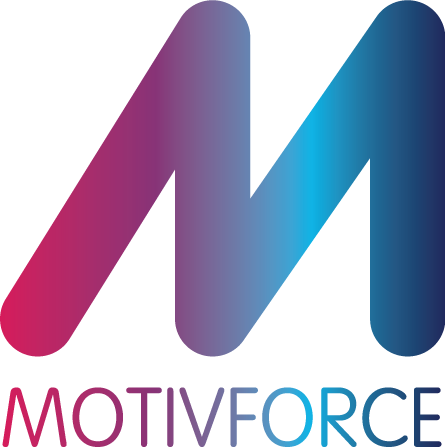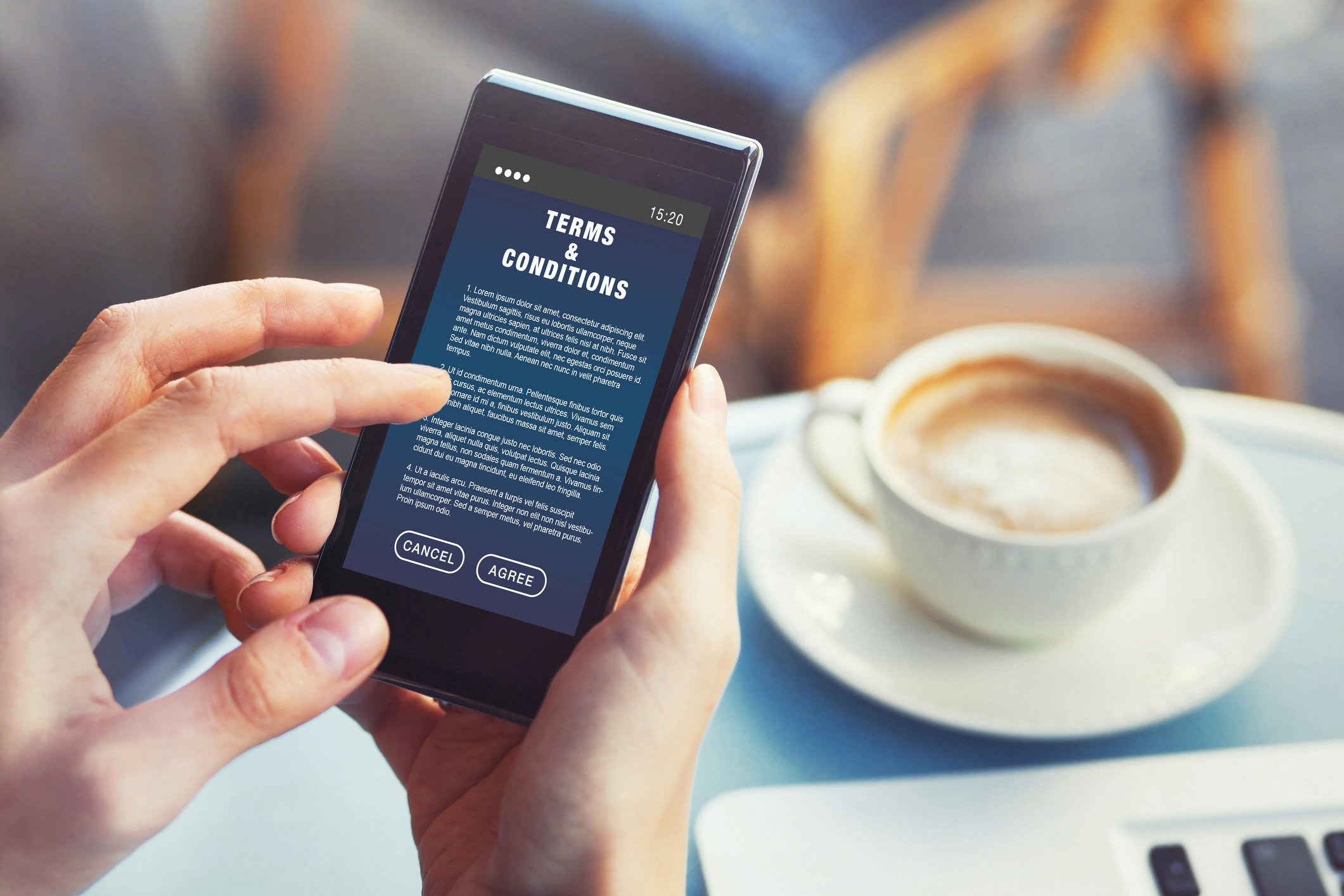Creating the ideal loyalty program participant profile
What is Profile Performance?
By Dr David Cox
Over the past 20 years, the structure of channel loyalty programs has grown from simple sales incentives that reward for achieving sales targets to rewarding for profile performance. Profile performance is the concept of creating the ideal participant profile and rewarding for all behaviours that a participant demonstrates in adopting this profile.
There are many variables to consider when creating the ideal channel loyalty program participant profile and these are broadly classified into the following 5 types of loyalty program participant profiles:
1. Knowledge Performance – We have seen great advances in integrating learning and knowledge into channel loyalty programs. The reason being is that there is a mountain of empirical evidence from both academic and industry research that has confirmed the link between knowledge and sales efficacy (see Sanchez, Vijande & Gutierrez 2011). In fact at Motivforce we operate a number of “enablement only” programs that track and reward participants for achieving certifications, roadmap completions, internal diplomas and learning status levels. The advent of online quick learning, distance learning and interactive learning options has allowed for the inclusion of such loyalty program criteria. Encouraging and rewarding program participants to become more knowledgeable about your products and services have shown to drive loyalty and greater program ROI.
2. Skills Performance – Whilst knowledge is an important element, the ability to transform this knowledge into actionable skills, particularly in selling is paramount. Thus we now see many bonus point opportunities being introduced into programs that reward each step to the sale. Many of these steps are a reflection of the sales and technical skills required to successfully convert a prospect into a sale and can easily confirm that participants are applying the knowledge that they have learned.
3. Brand performance – This attribute covers behaviours that are inline with the sponsoring companies brand and product positioning. Such rewarded behaviours include linking scores from end user satisfaction surveys, client testimonials and mystery shopping exercises.
4. Ambassador performance – Program ambassadors are one of the greatest assets that a channel loyalty program can possess. These participants actively promote the program, the company and the products via online chat rooms, social media, networking events, contributing to industry articles and engaging in peer recruitment. Each of these value added activities can increase the profile of the program and can continue to enhance integrity of the program from a participant perspective to the broader industry segment. Thus encouraging and then rewarding for these behaviours has been a growing focus in channel loyalty programs
5. Sales Performance – Ultimately sales performance is still the main focus of channel loyalty programs as future investment and focus from the sponsoring organization is predicated on the sales and revenue results that a program can deliver to the sponsoring organization’s bottom line. Indeed we will continue to see a large weighting of rewards focused on this aspect.
However the days of sales and revenue being the only rewarded behaviour have been left in the 20th century. The programs in the 21st Century are now focusing on rewarding for displaying the ideal participant profile.











